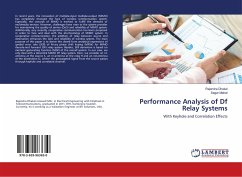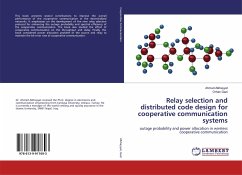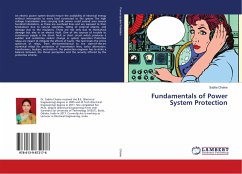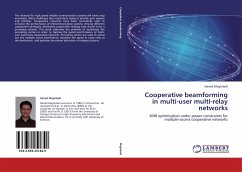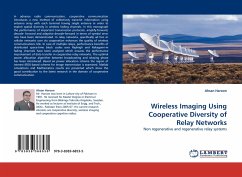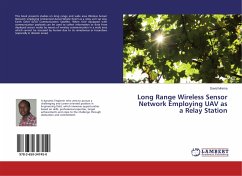In recent years, the innovation of multiple-input multiple-output (MIMO) has completely changed the face of wireless communication system. Especially, the concept of MIMO is evolved to fulfill the demand of multimedia services. However, challenges have risen to the system provider for maintaining the quality of service (QoS) and reliability of MIMO system. Additionally, very recently, cooperative communication has been proposed in order to face and deal with the shortcomings of MIMO system. In cooperative communication, the addition of relay between source and destination enhances the QoS and reliability of wireless system. The main purpose of this paper is to derive the closed form analytical expressions of symbol error rate (SER) of M-ary phase shift keying (MPSK) for MIMO decode-and forward (DF) relay system. Besides, SER derivation is based on moment generating function (MGF) of the overall system. In our case, we only deal with a downlink MIMO DF relay system. Here, we consider an nt-antenna at the source S, an nr-antenna at the relay R and an nd-antenna at the destination D, where the propagated signal from the source passes through keyhole and correlated channel.
Hinweis: Dieser Artikel kann nur an eine deutsche Lieferadresse ausgeliefert werden.
Hinweis: Dieser Artikel kann nur an eine deutsche Lieferadresse ausgeliefert werden.

